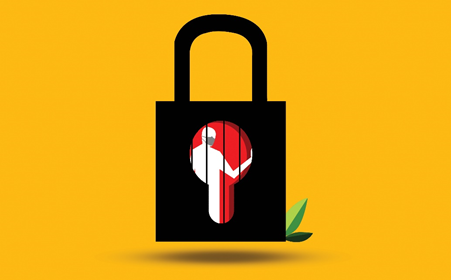Source: limpido, Shutterstock
Summary
- Chocolate maker Thorntons announced it would shut down all the 61 stores.
- The brand would be available for sale in supermarkets, and other retailers.
- Thorntons Derbyshire factory would manufacture to cater to international markets.
The pandemic’s debilitating impact on lives and livelihoods continue to wreak havoc, and this time it claimed more than 600 jobs as Thorntons has announced it would shut all its 61 stores. The brand would be available for sale in supermarkets, and other retailers, and Thorntons Derbyshire factory would manufacture to cater to international markets.
The company’s Retail Director Adam Goddard said that the obstacles the company was facing are severe, and despite best efforts, the company had to take this difficult decision.
Thorntons financials
Thorntons’ financial health was showing signs of sickness even before the pandemic. For the year ended August 2019, Thorntons incurred a loss of £36 million and the year before a loss of £38 million. Since the 2000s, the company was finding it tough to put up with the competition from new entrants like Hotel Chocolat. It was then that it came up with the strategy of selling more through supermarkets and shutting unprofitable stores.
Also read: 3 FTSE Fashion Stocks Expected to Perform Better Than Market Expectations
The company was acquired by Italian chocolate manufacturer Ferrero in 2015 for £112 million and had since then tried to turn things around for Thorntons. In the last five years, the company came down to 61 stores from 252 stores.

Copyright © 2021 Kalkine Media Pty Ltd.
Survive or perish
As the Covid-19 pandemic ravages, economic activities in public-facing sectors faced the worst, of which retail businesses have crumbled worldwide. A new study has found that as many as 17.2 million consumers are expected to permanently move from shopping at physical stores to shopping more through online portals.
Diversified apparel maker Next Plc (LON:NXT) had said that in the nine-week period till 26 December, the increase in sales from the online business offset the loss from retail sales. Online business in the UK picked up 36 per cent, against 9 per cent a year ago.
Also read: UK supermarket stocks to explore after online grocery market share touches 17%
Marks & Spencers Group Plc (LON:MKS) recently had also announced that to accelerate online sales; it would launch guest clothing brands this spring. Brands would include the likes of Hobbs, Joules, White Stuff, and Sloggi.
Retailers who have not been able to adapt to the changing demands of the time have been pushed to the brink of collapse. Clothing retail group Arcadia went into administration as it failed to keep up with online competition and coronavirus lockdowns impacting footfalls. The company’s flagship stores included flagship stores included Evans and Wallis, Topshop, Dorothy Perkins, Miss Selfridge, Topman, and Burton.
Also read: Penny Stocks: These 2 Retail Shares Gained Over 75% In Last 6 Months
UK’s department store chains Debenhams Plc’s administration process failed to salvage the business. The company had already shut down six of its stores. In January, Boohoo Group Plc (LON:BOO) bought Debenhams for £55 million, which would result in further job losses.
Analysts have said that the collapse of both these companies was largely due to a boardroom insistence to not adapt to the times by not investing in better online sales technology and maintaining real estate. Primark too had refused to shift to online, despite warnings of £1 billion in lost sales due to lockdown norms. It said that moving online would limit its ability to offer low prices due to the cost incurred for manning the operation and dealing with high volumes of returns.





